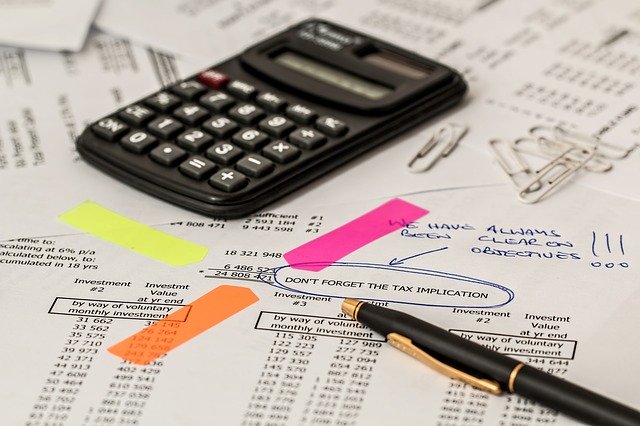The Benefits Of Investing In Section 1031 Exchanges And How This Can Be Helpful To You
The U.S. IRS (Internal Revenue Service) Tax Code Section 1031 speaks of how an individual can have capital gains delayed, or even suspended, in the event that he or she has invested in a property and is looking to exchange it with another.
What, then, does investing in a Section 1031 exchange mean for you? And how can it be advantageous to your enterprise?
Section 1031 Exchanges: Its Implications
Capital gains taxes are the portion allotted to the government for every property investment transaction you profit from. They’re basically taxes, in a simpler word. Much like any business, a part of your earnings will have to go to the country’s treasury.
Say, for example, you purchase a property for $100 and decide to upsell and reprice it for $500, about $130 dollars will be assigned as capital gains taxes. Thus, in actuality, you’ll only be getting $370 in total.
Of course, those figures are exaggerated and are nowhere near the bare minimum! So pay no attention to the figures. We simply wanted to give you a clear picture of how profit versus taxes regarding real estate essentially works.
However, a 1031 states that it’s possible for you not to be charged with said taxes. This means that even if you resell properties and continue the cycle of buying and selling, you get to keep the whole of your returns. What’s more, you can let the properties appreciate and again sell them at a higher cost while still being free of capital gains deductions. And yes, it’s all legal and stated in the IRS Code itself.
1031 Limitations
It sounds like a deal you shouldn’t ever pass up on, eh? Right, you are! Nonetheless, you’ll have to employ professional help because there IS such as thing as types of exchanges that this section can apply to, and types that don’t.
Aside from that, there are restrictions you should be aware of in order for you not to be misled at the end of the day, and after you’ve already signed transactions.
First, the property itself should be yours. YOU should be the owner of it. If you belong to a funding group or a real estate conglomeration and said conglomeration has a hand in the property, this could very well disqualify you for a 1031.
Second, be that as it may, ONLY investment properties quality. In consequence, personal properties don’t fall under the sphere of capital gains deferment, even if it is, technically, your property.
Thirdly, there’s a specific timeframe for you to arrange proceedings and submit your applications for a deferment. According to the code, a maximum of 45 days from the date of the sale is all you have to do this. Should you go beyond that and you’ll lose the privileges of a 1031 exchange.
In relation to the third, make sure that the property is handed over to the new owner no later than 180 days from the time it was bought or exchanged. 180 days to complete the deal and negotiations, and more.
Finally, in the event that you’ll be exchanging property for one that has a lower price tag, this might warrant said property for a review and could potentially grant you considerations regarding the taxes that apply.
Again, we can’t stress enough just how crucial it is to be guided by an expert in the matter so that no loopholes will pull you from under the rug. Clarify statements, especially because rules in the code tend to have vague words and terms that often lead to confusion.
Be that as it may, invest in a 1031 exchange and profit from your property investments more.

